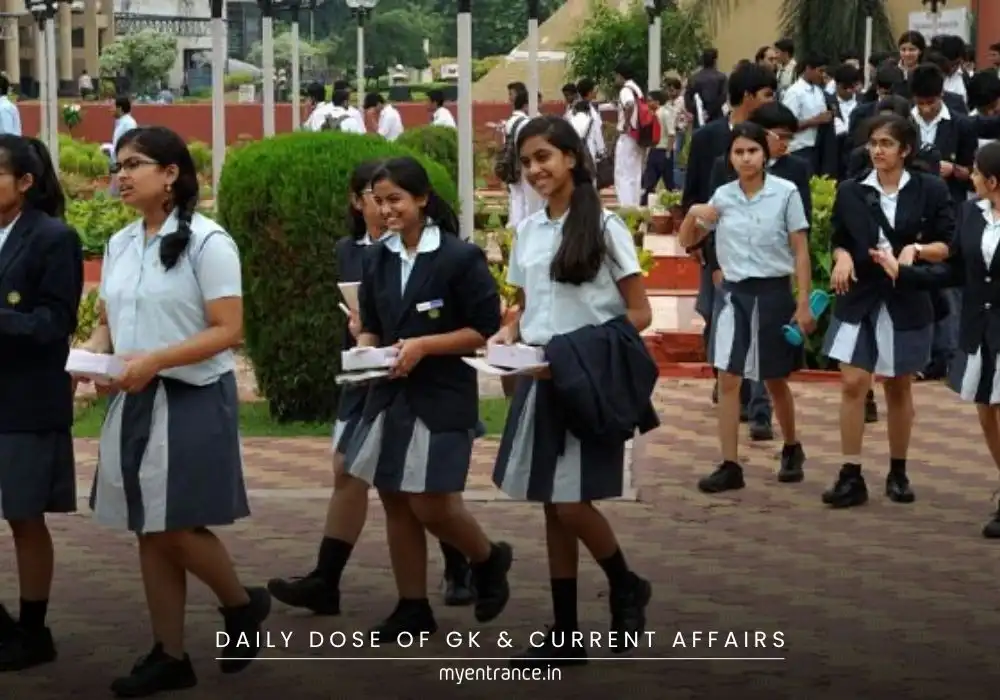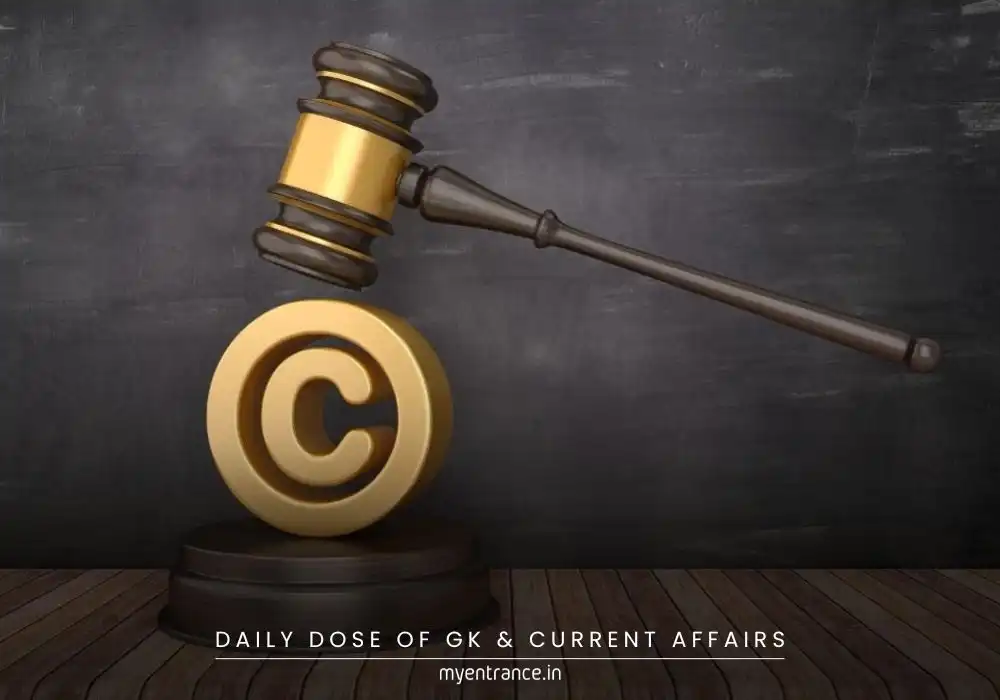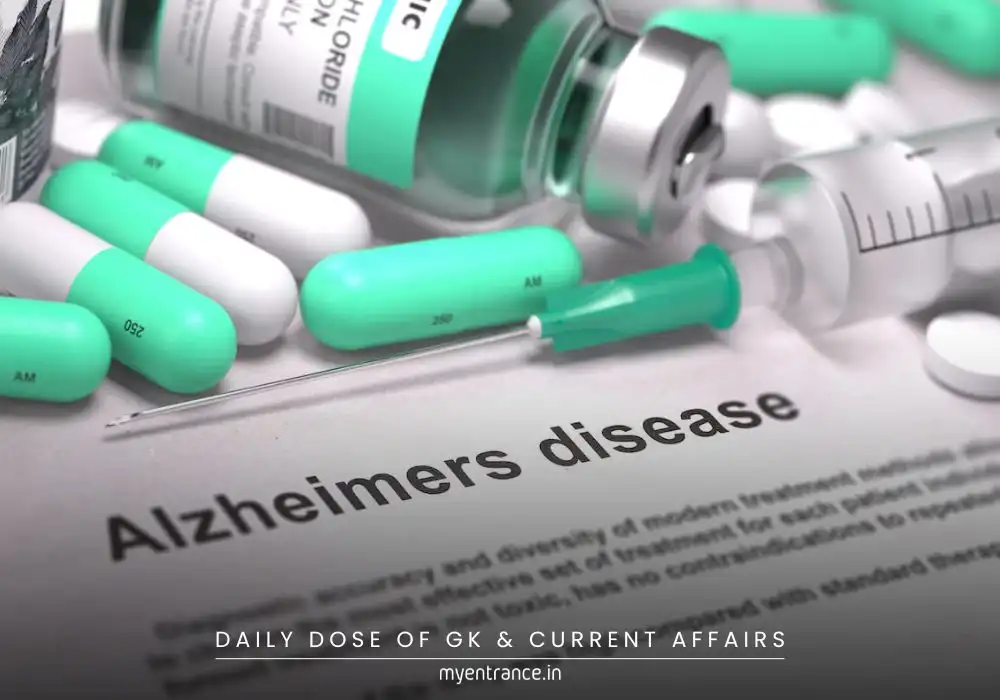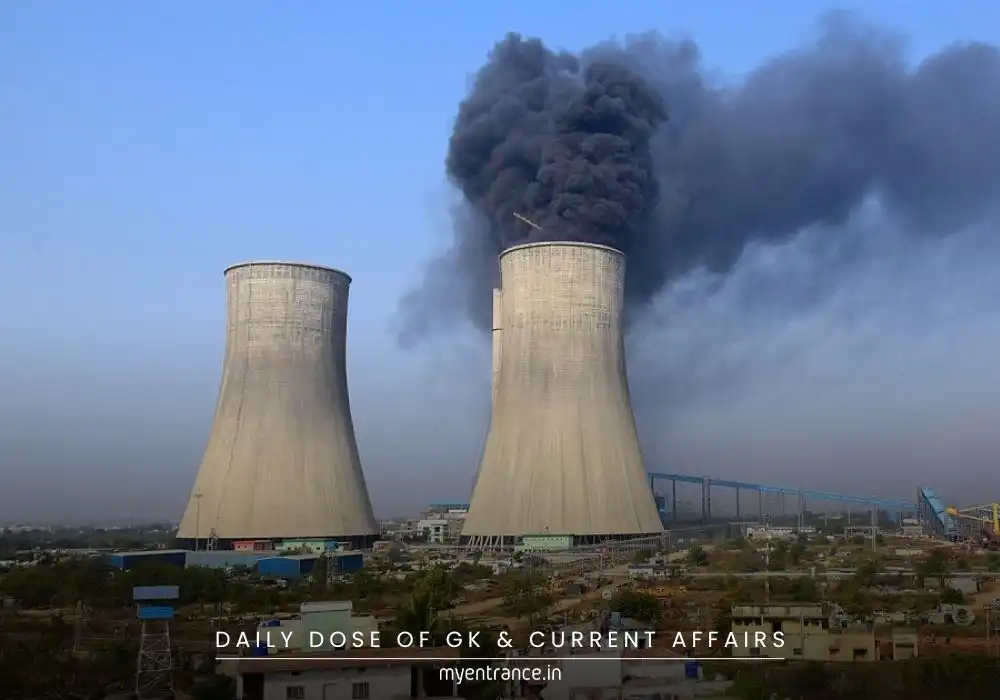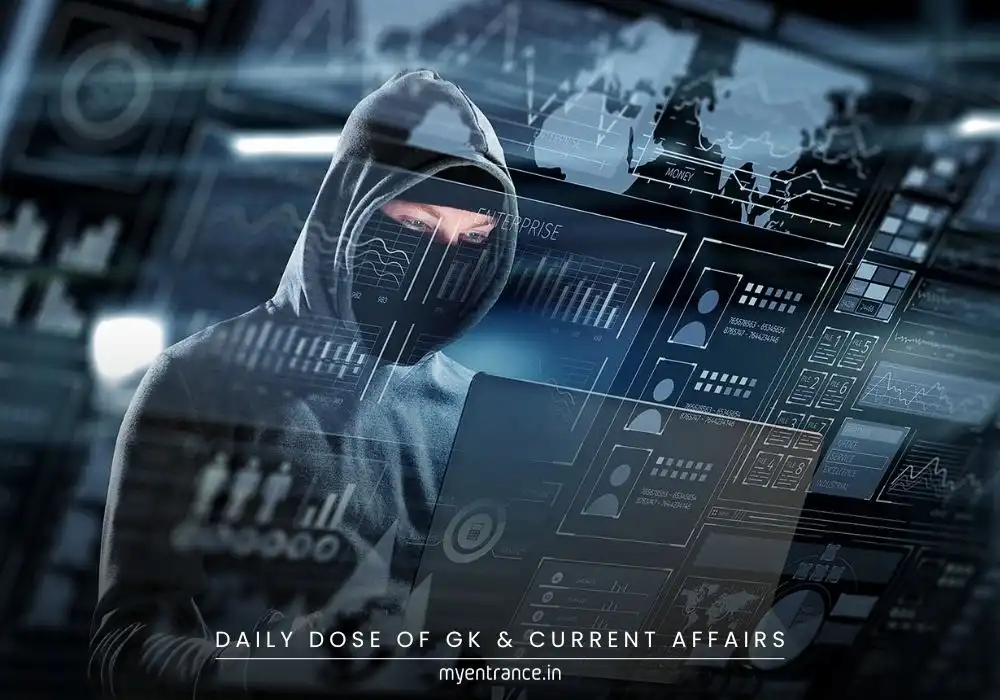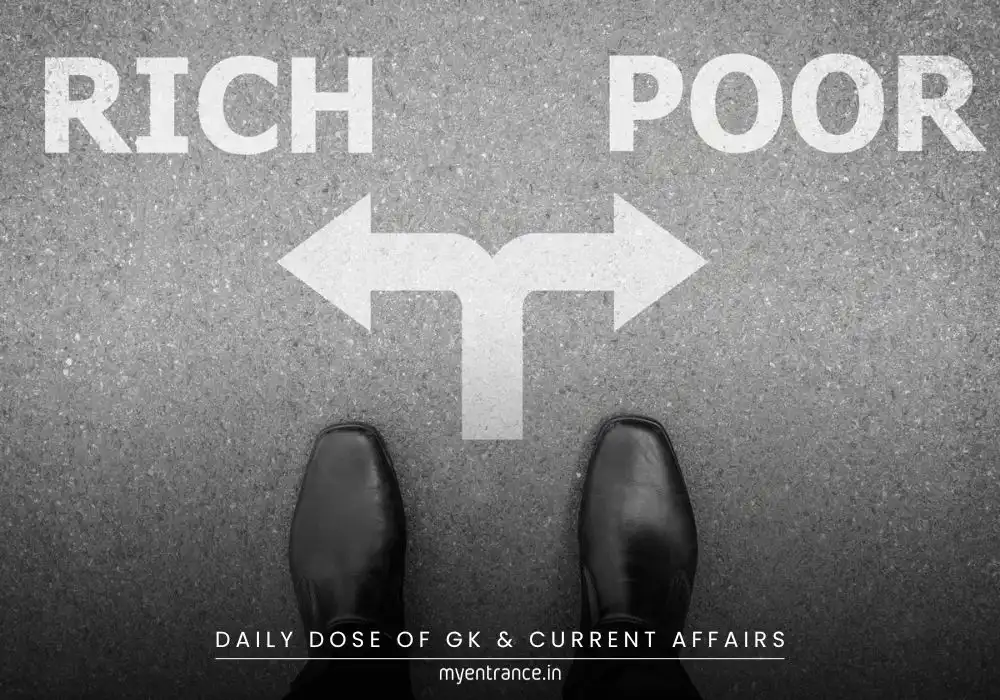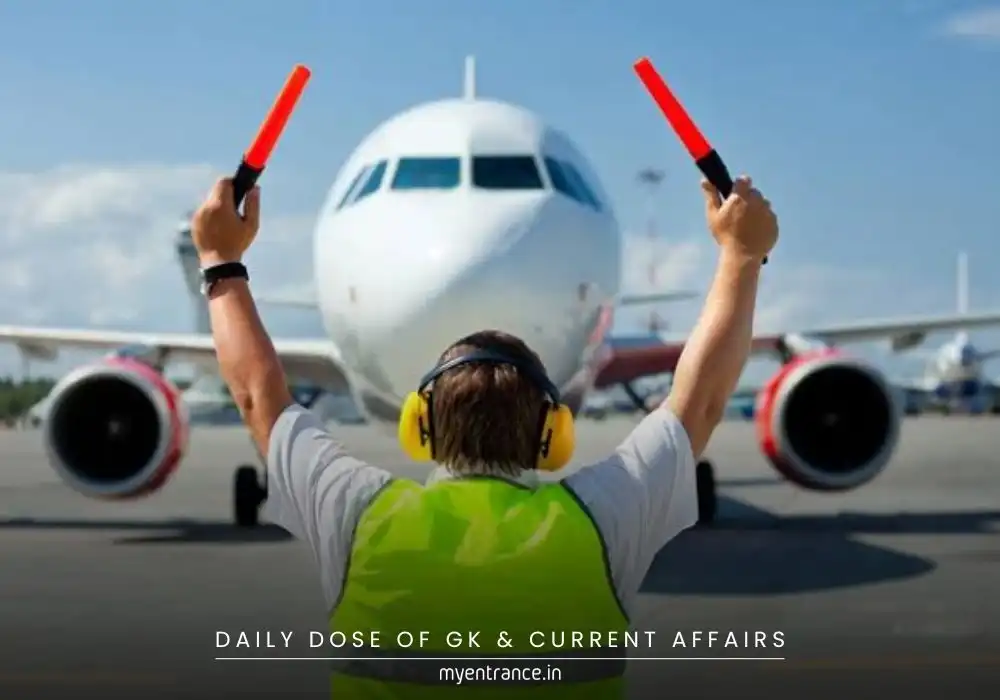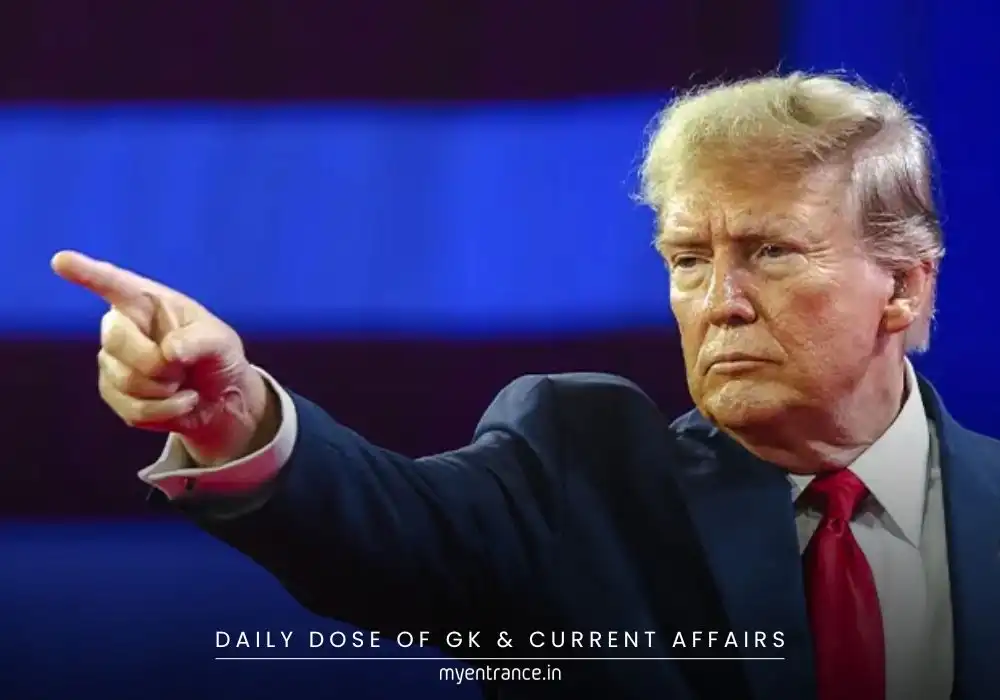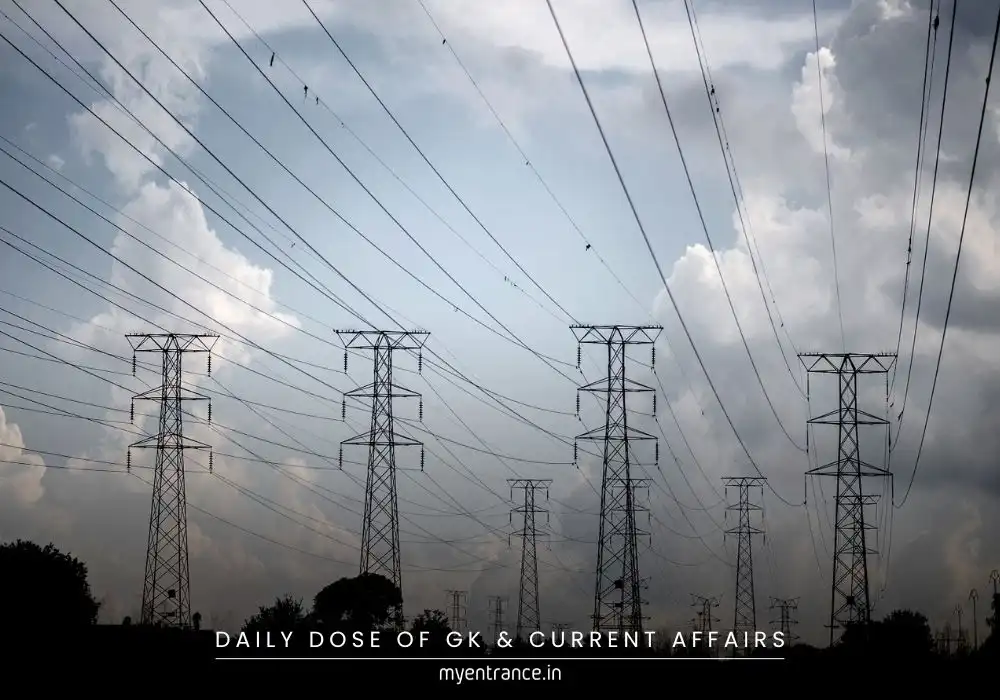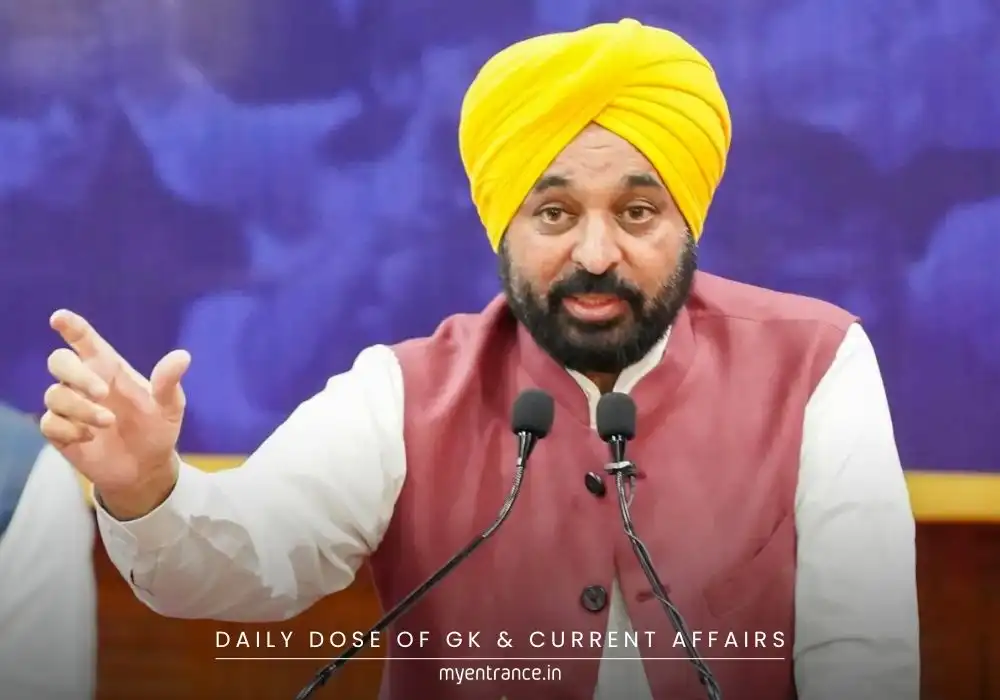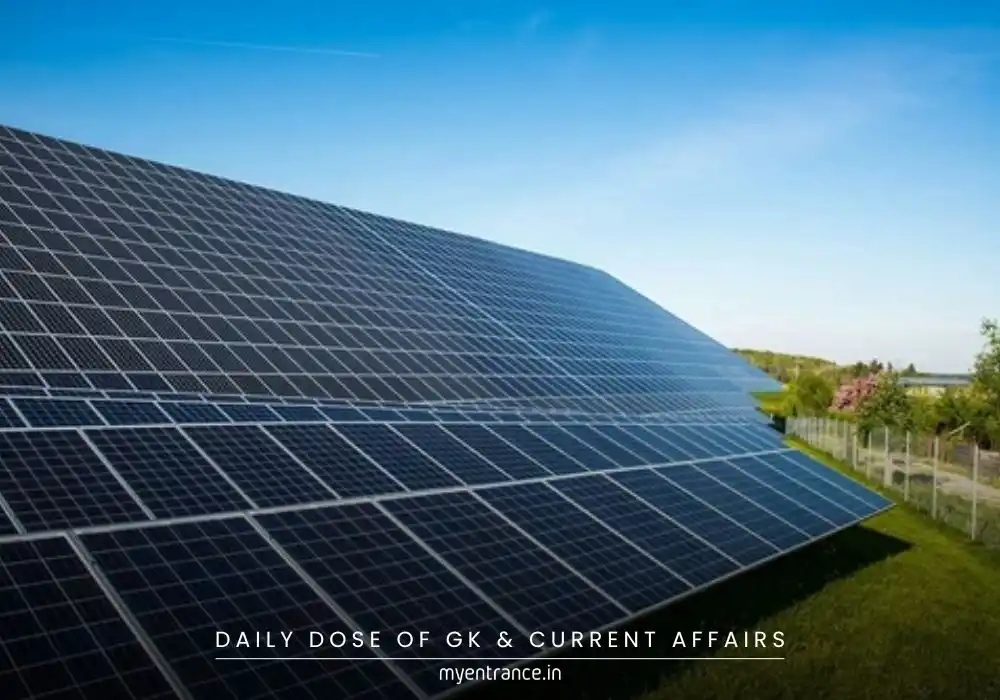Translate Language
Freedom of Speech vs. Abuse: What Are the Limits According to the Supreme Court?
Freedom of speech is a fundamental right, but should it be absolute? The Supreme Court recently highlighted the need for responsible expression, especially on social media, to prevent misuse and divisiveness. Let’s explore the balance between free speech and reasonable restrictions.
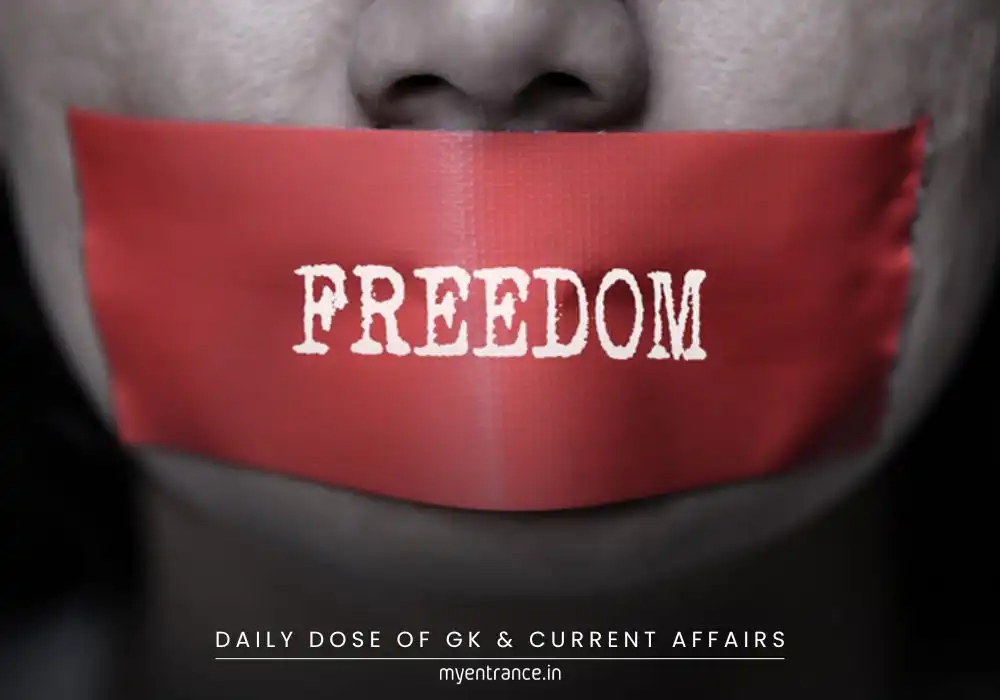
The Value of Freedom of Speech and Expression
The Supreme Court has reaffirmed that freedom of speech is a cornerstone of democracy, but it must be exercised responsibly. Unchecked abuse of this right can lead to:
Legal chaos – Frivolous cases clog courts, diverting attention from serious crimes.
Social division – Hate speech and misinformation weaken national unity.
Loss of dignity – False or inflammatory posts harm individuals and communities.
The Court stressed that self-regulation is key—citizens should enjoy free speech without violating reasonable restrictions under Article 19(2) of the Constitution.
Key Observations by the Supreme Court
No absolute freedom – Speech must respect public order, morality, and national security.
Horizontal rights – Free speech protections apply not just against the state but also between citizens.
Social media responsibility – Platforms must curb divisive content while avoiding censorship.
Fraternity over hate – Promoting unity is a fundamental duty under Article 51A.
IT Act and Social Media Regulations
The Information Technology (Intermediary Guidelines) Rules, 2021 govern social media platforms, requiring:
Removal of unlawful content within 36 hours.
Grievance redressal mechanisms for users.
Compliance with Indian laws on hate speech and misinformation.
Sample Questions & Answers for Competitive Exams
Q1: What did the Supreme Court say about freedom of speech and self-restraint?
A1: The SC emphasized that while freedom of speech is a fundamental right, citizens must exercise self-restraint to prevent abuse, which can lead to legal and social harm.
Q2: What are ‘reasonable restrictions’ under Article 19(2)?
A2: They are limits on free speech for public order, security, decency, and sovereignty, ensuring rights aren’t misused.
Q3: How does the IT Act regulate social media?
A3: The IT Rules, 2021 mandate platforms to remove illegal content and address grievances swiftly.
Q4: What is ‘horizontal application’ of free speech?
A4: It means citizens can legally challenge other citizens (not just the state) for violating their free speech rights.
Q5: Why did the SC highlight ‘fraternity’ in its ruling?
A5: Fraternity (unity among citizens) is a Fundamental Duty (Article 51A) that helps counter hate speech and divisiveness.
Get 3 Months Free Access for SSC, PSC, NIFT & NID
Boost your exam prep!
Use offer code WELCOME28 to get 3 months free subscription. Start preparing today!
